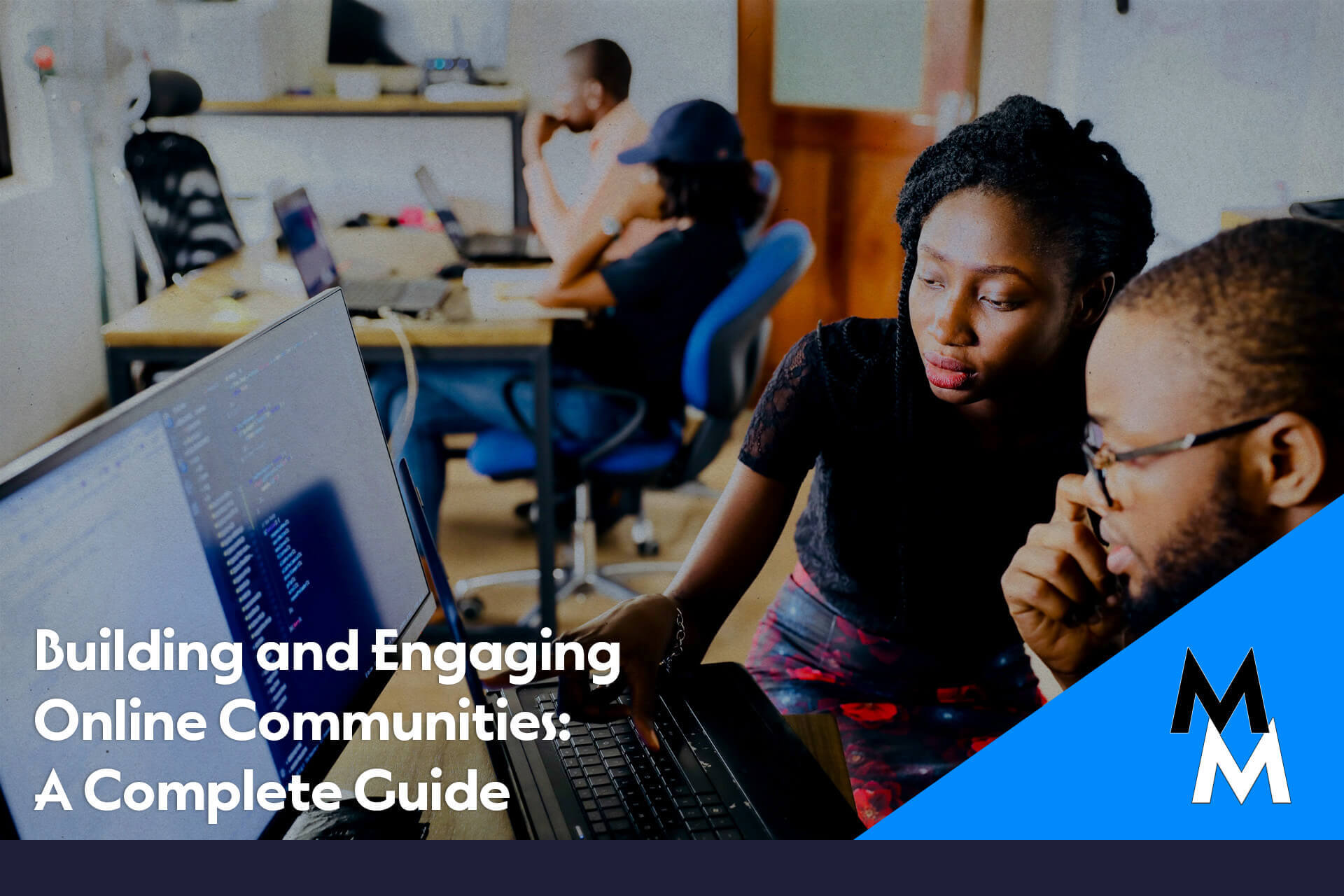Creating and nurturing an online community is one of the most powerful ways to connect with your audience, build loyalty, and drive engagement. Whether you’re a small business or a large organization, having an active online community can make a significant difference. In this guide, we’ll dive into the essentials of building and engaging online communities, with insights from Macel Marketing.
Why Build an Online Community?
Enhancing Brand Loyalty
When people feel a sense of belonging to a community, they’re more likely to stay loyal to the brand. An engaged community becomes a group of brand advocates who spread the word and recommend your products or services to others.
Driving Engagement
An online community provides a platform for interaction. Members can ask questions, share experiences, and provide feedback. This level of engagement is invaluable for understanding your audience and improving your offerings.
Increasing Visibility
Active online communities often attract more attention. When people are consistently interacting and creating content, it boosts your visibility on social media and search engines.
Steps to Build an Online Community
Choose the Right Platform
Facebook groups are a fantastic way to start. They offer easy access to a wide audience and various tools to manage and engage members. Create a group around a specific interest or topic related to your brand.
For professional and B2B communities, LinkedIn is ideal. LinkedIn groups can foster professional discussions and networking opportunities, making it perfect for industry-specific communities.
Quora
Quora is a Q&A platform where you can build a community by answering questions related to your industry. It’s an excellent way to establish your brand as an authority and drive traffic to your website.
Set Clear Objectives
Before you start, define what you want to achieve with your community. Are you looking to provide customer support, gather feedback, or simply engage with your audience? Having clear goals will guide your community-building efforts.
Create Valuable Content
Your content should provide value to your community members. Share tips, insights, and exclusive information that they can’t find elsewhere. This keeps members coming back for more.
Engaging Your Community
Regular Interaction
Daily Check-Ins
Make it a habit to check in with your community daily. Respond to questions, participate in discussions, and acknowledge contributions. Your active presence will encourage members to stay engaged.
Weekly Activities
Host weekly activities like Q&A sessions, live videos, or challenges. These activities can spark interaction and keep the community lively and engaged.
Foster a Positive Environment
Encourage Respectful Communication
Set guidelines to ensure that all members communicate respectfully. A positive environment will make members feel safe and valued.
Highlight Member Contributions
Recognize and celebrate the contributions of your community members. This can be as simple as a shout-out in a post or more elaborate, like member of the month awards.
Gather and Implement Feedback
Use your community to gather feedback on your products or services. Implementing this feedback shows members that their opinions matter, which can increase loyalty and engagement.
Best Practices for Managing Online Communities
Use Analytics to Measure Success
Track metrics like member growth, engagement rates, and content interaction to measure the success of your community. Tools like Facebook Insights and LinkedIn Analytics can provide valuable data.
Regularly Update Content
Keep your content fresh and relevant. Regular updates will keep members interested and active. Plan a content calendar to ensure a steady flow of new content.
Promote Your Community
Use your other marketing channels to promote your community. Mention it in your newsletters, social media posts, and on your website to attract new members.
Conclusion
Building and managing an online community takes time and effort, but the rewards are well worth it. By choosing the right platform, creating valuable content, and engaging regularly, you can create a vibrant community that enhances brand loyalty, drives engagement, and increases visibility.
At Macel Marketing, we specialize in helping businesses build and manage thriving online communities. Whether you’re just starting out or looking to take your community to the next level, we’re here to help. Check out our Community Engagement services to learn more about how we can assist you.
For more tips on digital marketing, be sure to read our other blog posts like Social Media Strategy Development and Content Creation and Curation . Ready to get started? Contact us today to discuss how we can help you build a thriving online community!
Remember, the key to a successful online community is active engagement, valuable content, and a positive environment. Keep these elements in mind, and watch your community flourish!





